La Borda, a housing cooperative project in Barcelona.
Housing is a major issue in most European cities due to housing shortage and a lack of affordable houses. La borda Co-Housing is the light on community housing projects, who represent an alternative to traditional social housing or purely market-driven real estate.
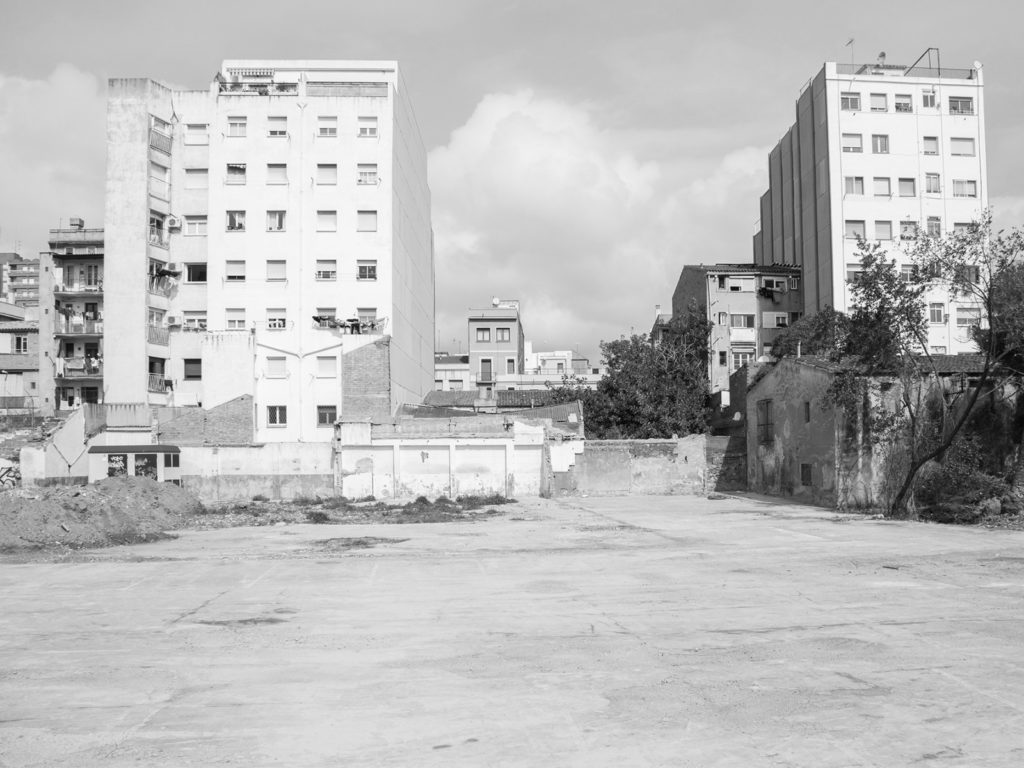
By 2018 the cooperative will build 28 apartments on a public land rent out for 75 years by the municipality of Barcelona. The site is located in Sants, a working class neighbourhood, next to a former textile factory that was converted into a vast autonomous cultural centre name ‘Bloc Onze’.
Since 2011, this 9 hectares industrial complex, called Can Batlló, has been occupied by several organizations from the neighbourhood in order to reinvent a public space where locals can gather and express themselves. They organise many activities for the community including markets, concerts, screenings, artistic workshops. Three years ago they started looking for solutions to tackle the lack of affordable housing and imagined La Borda, a self-initiated co-housing project.
The situation of housing in Spain
‘Housing is one of the main problems in Spain, together with unemployment. Actually those two issues are linked because when you have no job you can hardly pay your rent or mortgage. It has been an issue for the last 50 years, especially in large cities like Madrid, Barcelona, Valencia. It’s insane when you compare housing prices to people’s salaries. Even before 2008, when we were supposed to be in an economic boom, housing was problematic. Young people couldn’t leave their parents’ house, 30-year-olds were still sharing flats, people contracted a 40 years mortgage to buy a house.
In Spain, social housing is almost inexistent (barely 1 percent of the housing stock) and the vast majority is owner-occupied properties. Therefore, when the crisis hit the country in 2008, people lost their job and were evicted from their house.
So with a group of people involved in Can Batllo cultural project we decided to take action regarding the housing issue. We started exploring alternative models that were neither buying or renting or social housing per se and were inspired by this cooperative housing system established in Denmark.’
The Cooperative model
‘Generally speaking, the co-op movement in Spain is getting bigger and bigger. It used to be very popular before the civil war in the 30’s but later it was almost banned by the dictatorship who tried destroy this system. Nowadays, especially after the crisis, there is a comeback of cooperative projects. For example at LaCol, we all work and own the architectural studio at the same time. In La Borda co-housing project, we are both owners and tenants. You can apply this concept to basically every kind of project. For instance, the fastest-growing co-op is Som Energia, an energy coop in which individuals gather to produce and consume entirely sustainable energy. It’s a very successful project.
In term of housing, we discovered that in the seventies in Spain, cooperatives were also working as housing developers but the system was based on property. Indeed, a group of people would form a cooperative so they can collectively build houses. They would then split the project it into lots so each family could buy its own house at the end. When the construction is over the cooperative is dissolved and it becomes a traditional privately own model.
In Danish cooperative model, the building remains the property of the cooperative itself. You cannot sell the house you live in because it doesn’t belong to you, but as long as you are a member of the cooperative you have the right to live in this house. This system gives you the same stability and security as an owner-occupied house because no one can kick you out and you can live there as long as you want if you pay the rent. You cannot sell the house but if you don’t want to use the house anymore you can step away and leave the co-op.
In Denmark there are different kinds of coops and in some cases you can sell your share (which represents the money you invested in the beginning) to someone else. At the end it’s the same as selling or buying a house.
Therefore, in La Borda we chose to put houses out of the market so in case you want to leave the co-op, the co-op give you the money you invested (your share) and chooses another person to replace you. This person has to pay its share to be able to use the house.’
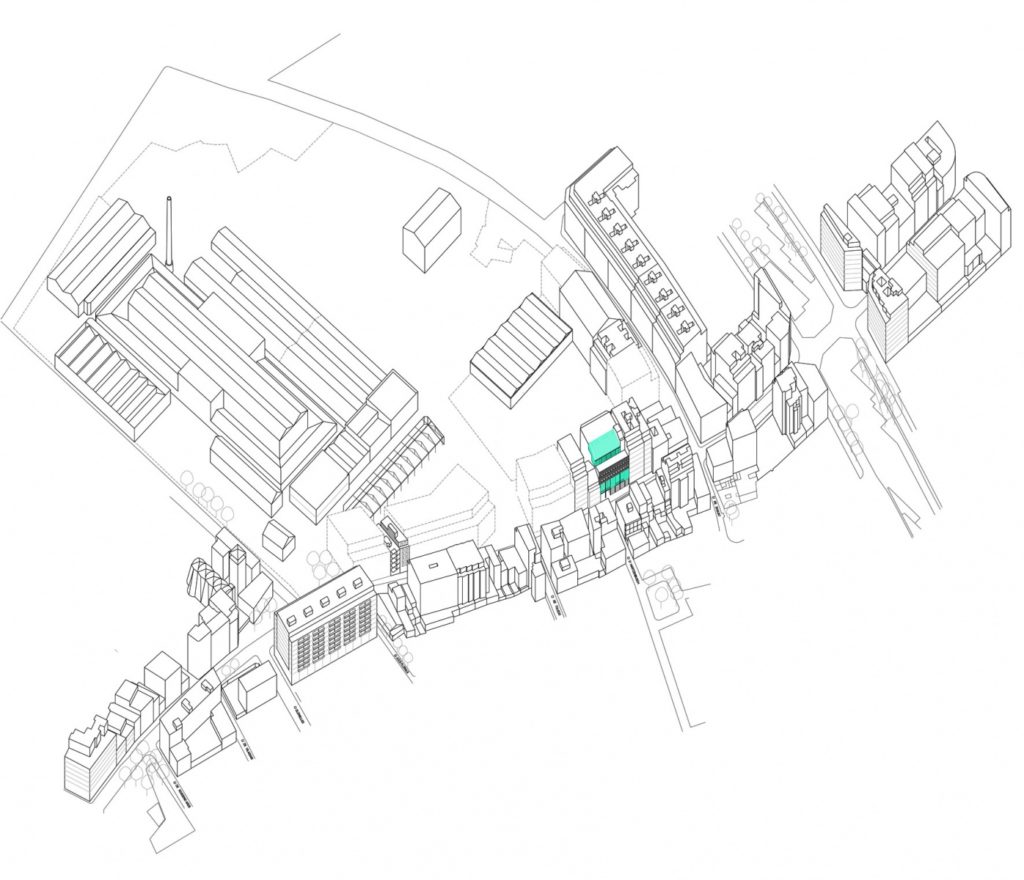

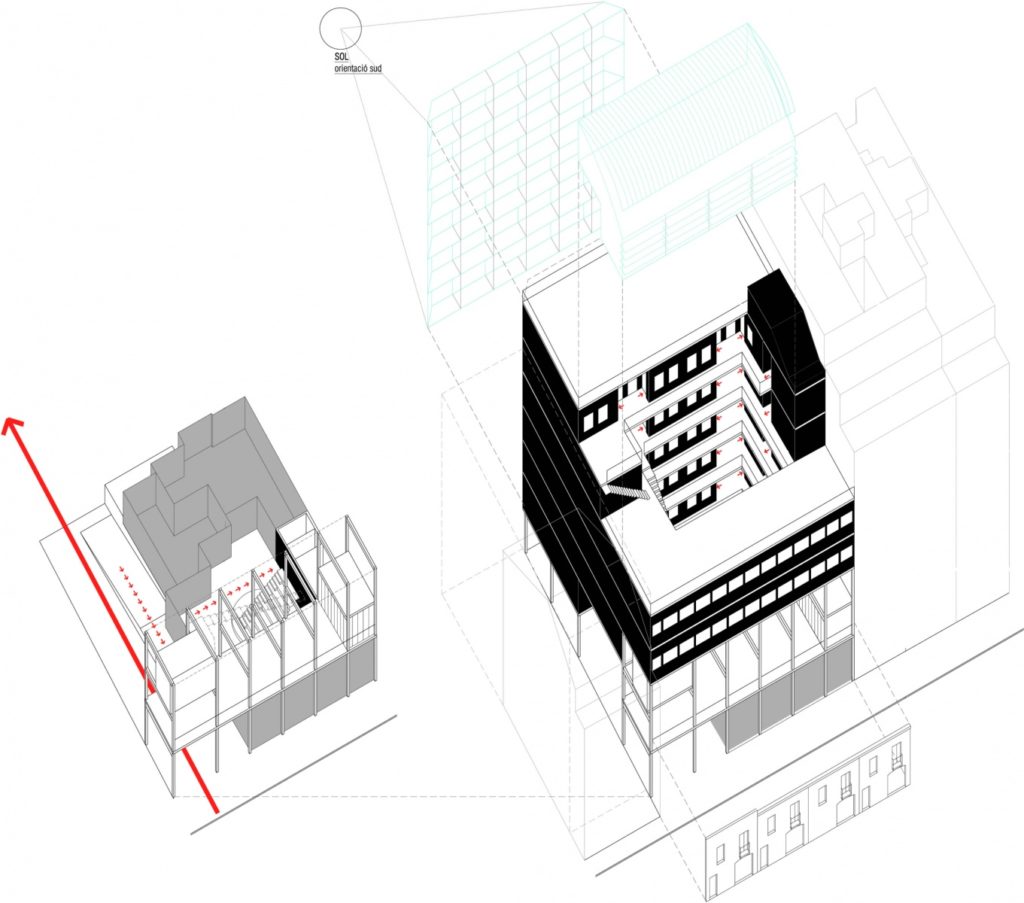
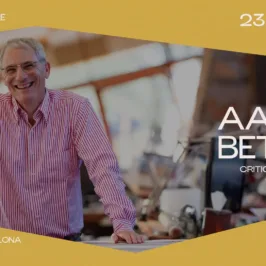
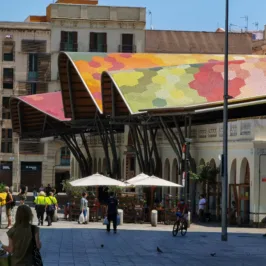
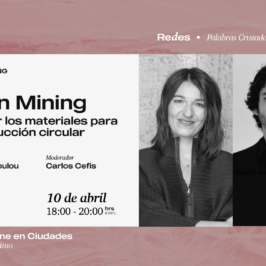
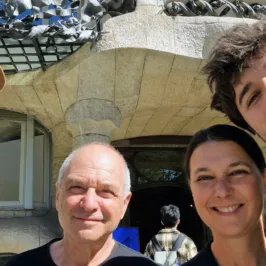

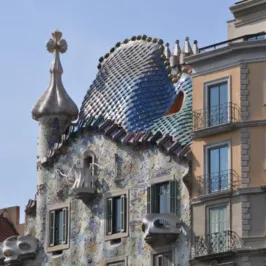
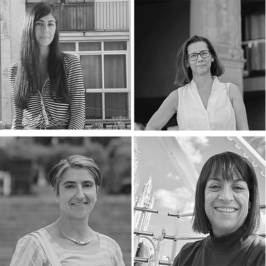
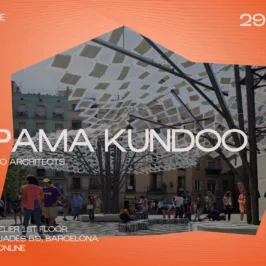

Leave a Reply